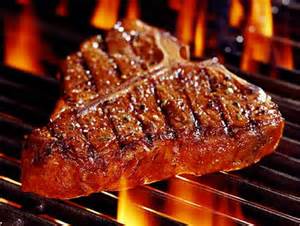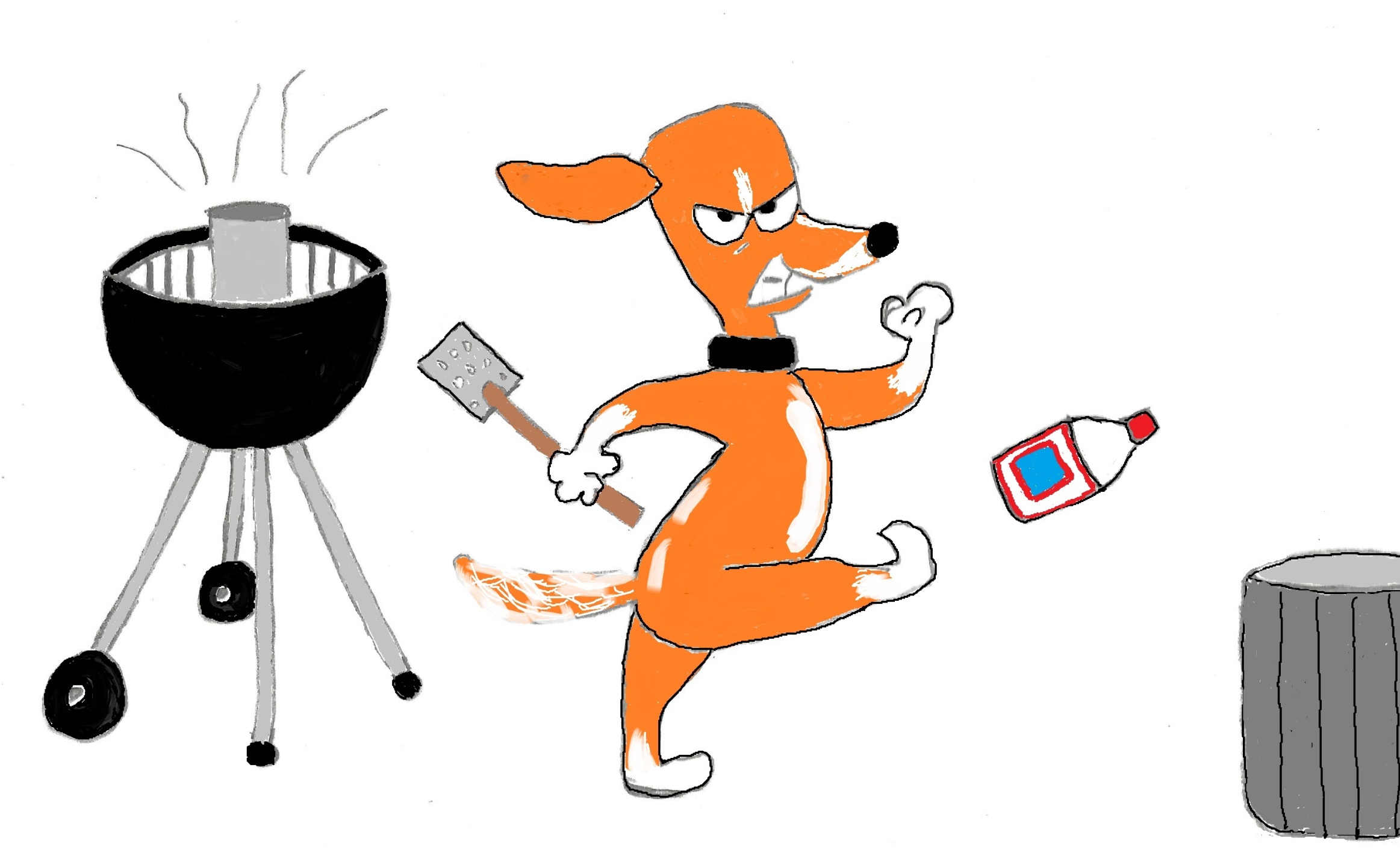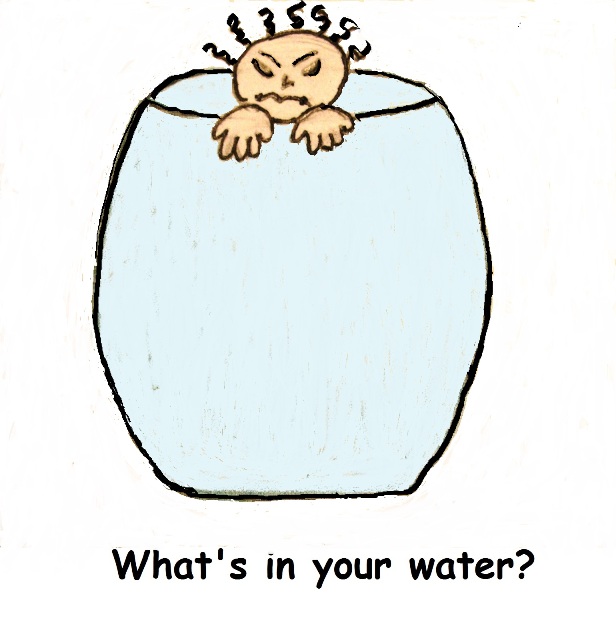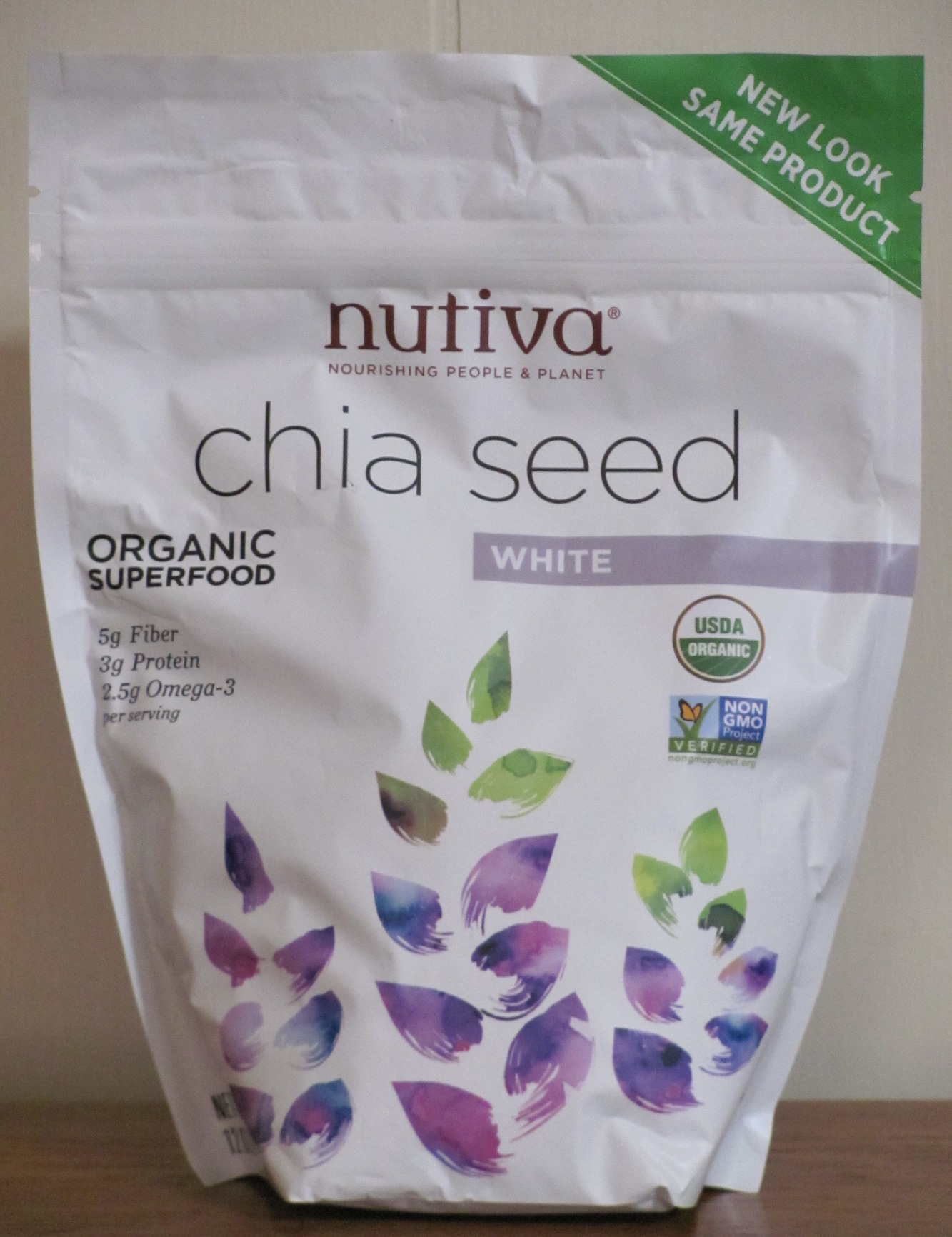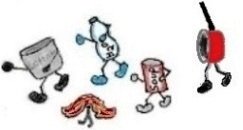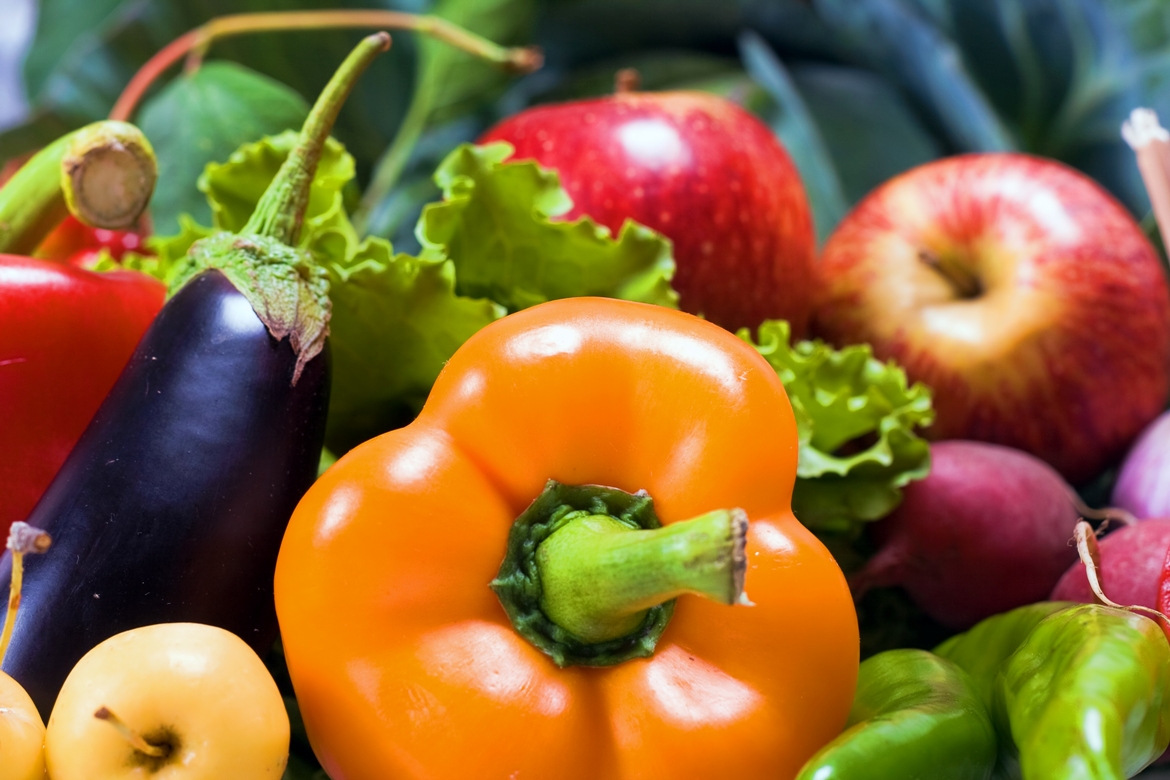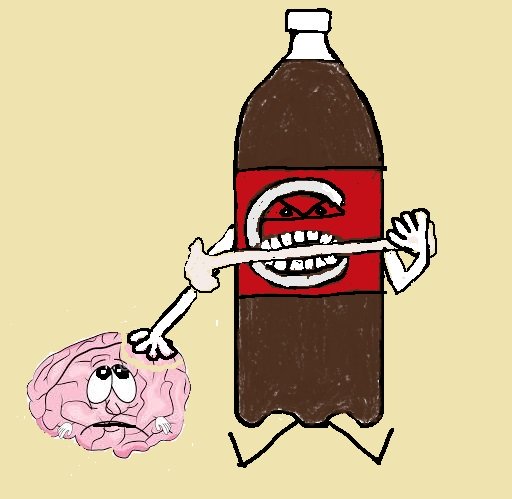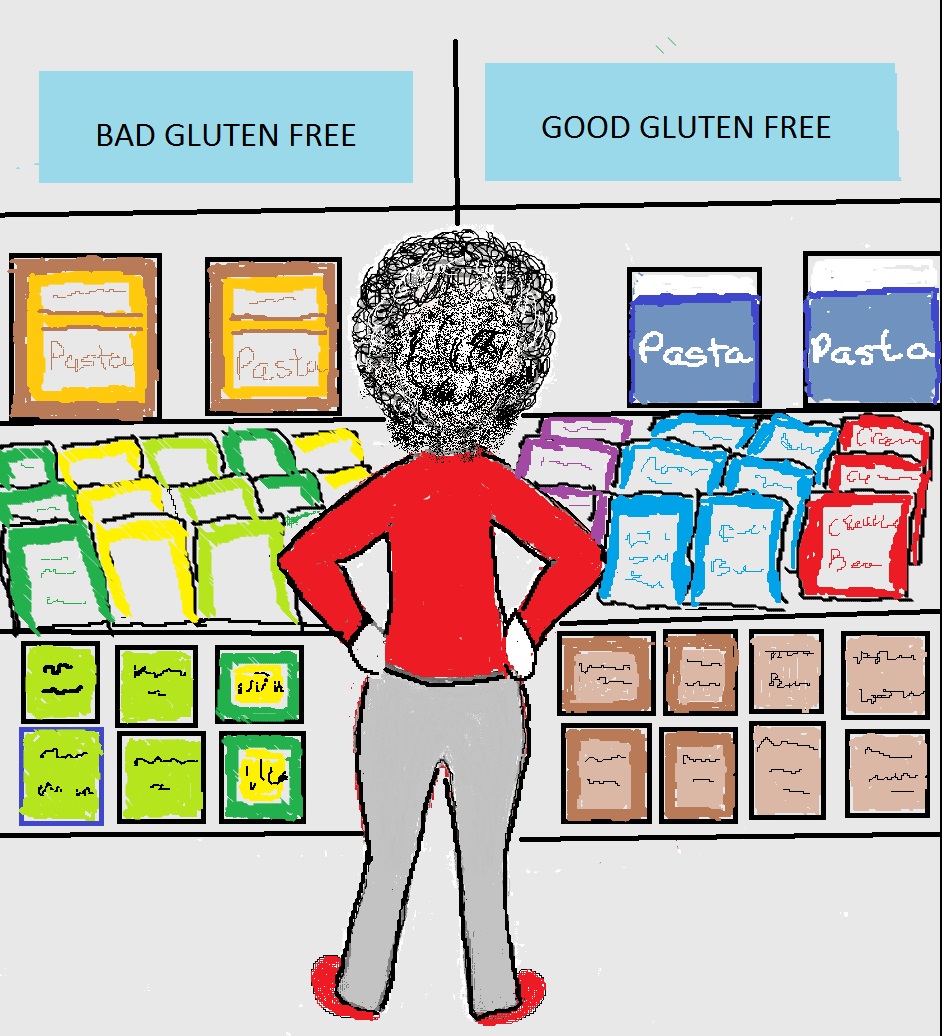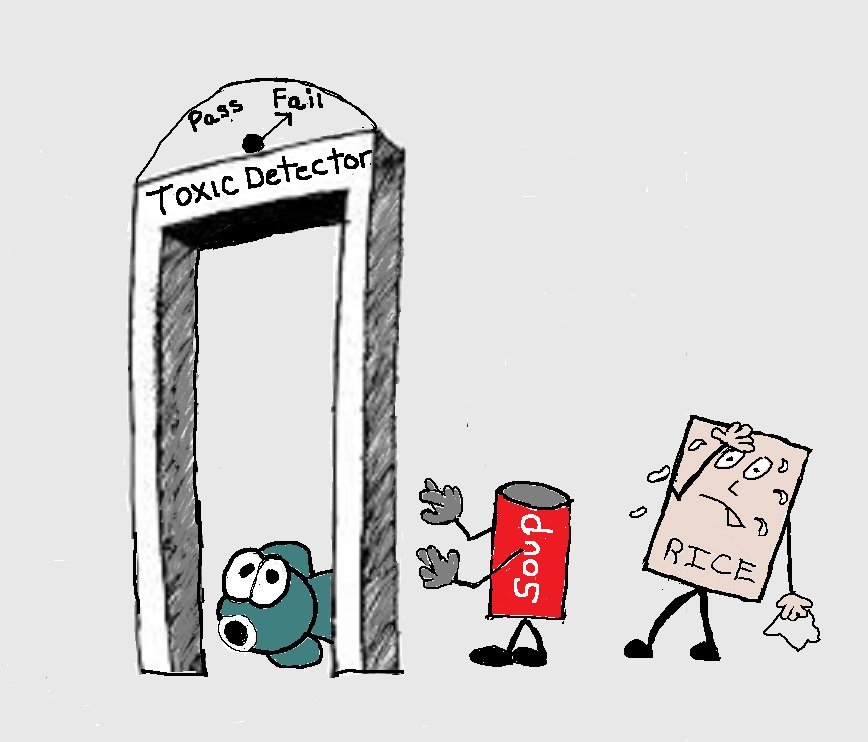- Home
- Toxic Chemicals in Food
- Cancer Causing Foods
3 Cancer Causing Foods to Avoid
One third of all cancer cases are related to diet. Avoiding these 3 cancer causing foods is an important step to protect your health.
UPDATE
I originally wrote this post in 2014 after reviewing dozens of studies that linked eating red and processed meats with several types of cancer. I have to admit it hasn't been a very popular post because this topic is never in the news.
Now, because of a new report published in October 2015, the impact of meat consumption on your health is making national headlines. So I've updated this post with the major findings of the study.
The report, written by the The International Agency for Research on Cancer (IARC) Working Group (part of the World Health Organization) considered more than 800 studies that investigated associations of more than a dozen types of cancer with the consumption of red meat or processed meat in many countries and populations with diverse diets.
They concluded:
PROCESSED MEAT
Processed meat was classified as carcinogenic to humans (Group 1), based on sufficient evidence in humans that the consumption of processed meat causes colorectal cancer.
RED MEAT
After thoroughly reviewing the accumulated scientific literature, a Working Group of 22 experts from 10 countries classified the consumption of red meat as probably carcinogenic to humans (Group 2A), based on limited evidence that the consumption of red meat causes cancer in humans and strong mechanistic evidence supporting a carcinogenic effect. This association was observed mainly for colorectal cancer, but associations were also seen for pancreatic cancer and prostate cancer.
Cancer and Toxins
The American Cancer Society estimates that 1 in 2 men and 1 in 3 women in the United States will develop cancer at some point in his or her life. It has been suggested that 90–95% of cancer cases have their roots in the environment and lifestyle. Staggering, but not surprising considering how many cancer causing chemicals are floating around.
The U.S. Department of Health and Human Services keeps a list, a very, very, long list, of all the chemicals that are known or suspected to cause cancer. The 500 page Thirteenth Report on Carcinogens, released in October 2014, contains information on 243 chemicals. Of these, 56 are listed as known to be human carcinogens and 187 are listed as reasonably anticipated to be human carcinogens.
Cancer Causing Foods
Some of the carcinogens listed in the Thirteenth Report are found in the food we eat. In fact, most researchers agree that 30–35% of cancer cases are linked to diet. And, based on a lot of scientific evidence, three of the most notorious cancer causing foods are red meat, processed meat and brown rice.
1. Red Meat
If you’re living a healthy life you’re probably already aware of how eating too much red meat can affect your heart. All those icky saturated fats wreak havoc on your health. What you might not be aware of is that red meat is a potent cancer causing food.
Cancers Caused by Red Meat
Numerous (and that’s no exaggeration) studies have shown heavy consumption of red meat is a risk factor for several cancers. Esophageal, colon, rectal, liver, lung, gastric, prostate, endometrial and breast cancer have all been linked to red meat.
You might be wondering how much red meat is considered heavy consumption. That depends on the study. Some studies looked at the effects of eating red meat once a week, while others considered three to five times a week as heavy consumption.
What it really boils down to is the more red meat you eat the higher your cancer risk is. For example, a review of multiple studies on red meat and cancer published in 2014 concluded that for every increment of 120 grams (that’s ONLY 4 ounces) of red meat eaten per day the risk of lung cancer increases 35%. Another review reported that red meat consumption of 100g/day increases the risk of endometrial cancer by 26%.
When comparing people who rarely eat red meat to people who eat it almost every day researchers found:
- Risk of bladder cancer increased by 25%
- Risk of esophageal cancer increased 38%
- Risk of gastric cancer increased 45%
- Risk for esophageal, colorectal, liver and lung cancer increased from 20-60%
2. Processed Meats
Every time I'm at a grocery store I cringe when I walk past the long lines at the deli counter. All those people buying all that processed meat. Then there's the carts full of bacon, sausage, salami and hot dogs. And don't even get me started on bacon bowls. Eeech!
These processed meats are not only packed with sodium and unhealthy fats, they are also preserved with nitrates and nitrites. This preservation process creates several types of carcinogens within the meat and provides the building blocks to create even more in your body.
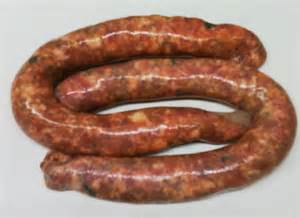
Cancers Caused by Processed Meats
Eating processed meats has been linked to many types of cancer, including lung, gastric, colon, rectal, prostate, bladder, oral cavity and oropharynx cancer. A 2014 review of numerous studies concluded that consumption of 50 grams (less than 2 ounces) of processed meat per day could increase the risk of lung cancer by 20%.
When comparing people who rarely eat processed meat to people who eat it almost every day researchers found:
- Risk of bladder cancer increased by 33%
- Risk of oral cavity and oropharynx cancer increased 91%
- Risk of colorectal cancer increased 20%
- Risk for lung cancer increased 16%
Cancer Causing Chemicals in Red and Processed Meat
There are a couple of reasons why eating red and processed meat increases the risk of numerous types of cancer. They include the heme iron in meat, the preservatives added to processed meats and the carcinogens produced during cooking.
Heme Iron
Heme iron is a type of iron found in meat. The meats with the highest levels of heme iron are hamburgers and steak, followed by ham then pork chops. Chicken breast has the lowest heme values.
Your body absorbs this type of iron easier than non heme iron. Your body needs iron, but too much can cause problems. So, even though your body is pretty good at maintaining the right amount of iron the absorption of heme iron is less well regulated.
Heme iron is linked to all the types of cancers listed above because:
- Heme iron is a cytotoxin - it damages and kills your body's cells. To put this in perspective, chemotherapy and snake venom are also cytotoxins.
- Heme iron promotes the creation of carcinogenic
N-nitroso compounds (NOCs).
NOCs
NOCs include nitrosamines and nitrosamides, both potent carcinogens. These substances are formed when nitrates and nitrites combine with the parts of protein called amines. Heme iron acts as a catalyst to promote the formation of NOCs in your digestive tract.
One study I read that used human volunteers found an increased intake of red meat caused a 3-fold increased exposure to NOC. The range of exposure was similar to the amount of NOC found in cigarette smoke.
Your exposure to NOCs is even higher when you eat processed meats. This is because they are created during the curing process with the addition of nitrites and nitrates as preservatives. In other words, processed meats come pre-loaded with carcinogens.
Another study using human volunteers found NOC levels were 60 times higher in volunteers given cured red meat than in volunteers given a vegetarian diet.
HCAs and PAHs
Another issue with red and processed meats are the carcinogens introduced during cooking. Heterocyclic amines (HCAs) and polycyclic aromatic hydrocarbons (PAHs) are carcinogens formed when you cook meat at high temperatures.
Fried, broiled, or barbecued meat contains significant amounts of HCAs. Different kinds of HCAs are formed according to the type of meat, the heating temperature, and the chemical environment (e.g., water, oil, onion).
PAHs are formed in foods prepared by smoking or grilling/barbecuing. When you cook meat over an open flame fat and meat juices often drip onto the fire. This contaminates the flames with many PaHs that coat the surface of the food you’re grilling.
Benzoapyrene (BaP) is one of the most potent PAHs. In animal studies it was shown to induce leukemia as well as gastric, pulmonary, fore-stomach, esophageal, and tongue tumors. Grilled and well-done steak, hamburgers, and chicken contain the highest levels of BaP.
3. Brown Rice
Food testing has shown that brown rice and products made with brown rice usually contain high
levels of arsenic. This chemical is classified as a Group 1 carcinogen. It doesn't get much worse than that.
Most of what is known about the health effects of ingesting arsenic come from studies on exposure through drinking water. These studies have found that drinking arsenic contaminated water causes liver, kidney, and bladder cancer.
That's the reason I decided to put brown rice on this list of cancer causing foods. Whether it enters your body through water or food, it is a potent carcinogen. For more information on arsenic levels in brown rice check out Arsenic and Healthy Eating – What You Need to Know.
In 2007, after eight years of research, the World Cancer Research Fund published Food, Nutrition, Physical Activity and the Prevention of Cancer: a Global Perspective, the most comprehensive report on diet and cancer ever completed. Their recommendation is:
To reduce your cancer risk, eat no more than 18 ounces per week of red meats, like beef, pork and lamb, and AVOID processed meat such as ham, bacon, salami, hot dogs and sausages.
Healthy Options to Replace These Cancer Causing Foods
You may be wondering, is there life after red meat? Absolutely! I haven't eaten it for 30 years so I and all the vegetarians out there are healthy living proof. As for processed meats, a couple of times a year I indulge in a good turkey sub or eat an uncured (nitrate free) turkey dog.
So what can you do to replace these cancer causing foods?
- Start slow by going meat free one day a week.
- Substitute chicken and turkey breast or soy for steak and pork.
- Rethink your cold cut sandwiches. Replace with nut butters (in glass jars) like Artisana 100%
Organic Raw Walnut Butter and Woodstock Almond Butter. Cook up a chicken breast and make sandwiches and chicken salad. Make black bean burgers or try one of the many varieties of veggie burgers.
- Instead of using sausage in your recipes make mini baked turkey or chicken meatballs. I make mine using organic ground turkey and always add grains and veggies. I keep a bowl of these and a bowl of organic hard boiled eggs in the fridge for a healthy snack.
- Add more non meat high protein options to your diet, like low fat dairy, nuts and seeds.
- My best advice - consider becoming a Flexitarian - someone who eats mostly plant-based foods, but occasionally eats meat, poultry and fish. With the exception of never eating meat and only occasionally eating fish - this is the type of diet I follow. This approach to healthy eating is the central theme of the Mediterranean Diet.
You are what you eat. You can chose to eat foods that promote good health or promote disease, like these cancer causing foods. Choose wisely.
